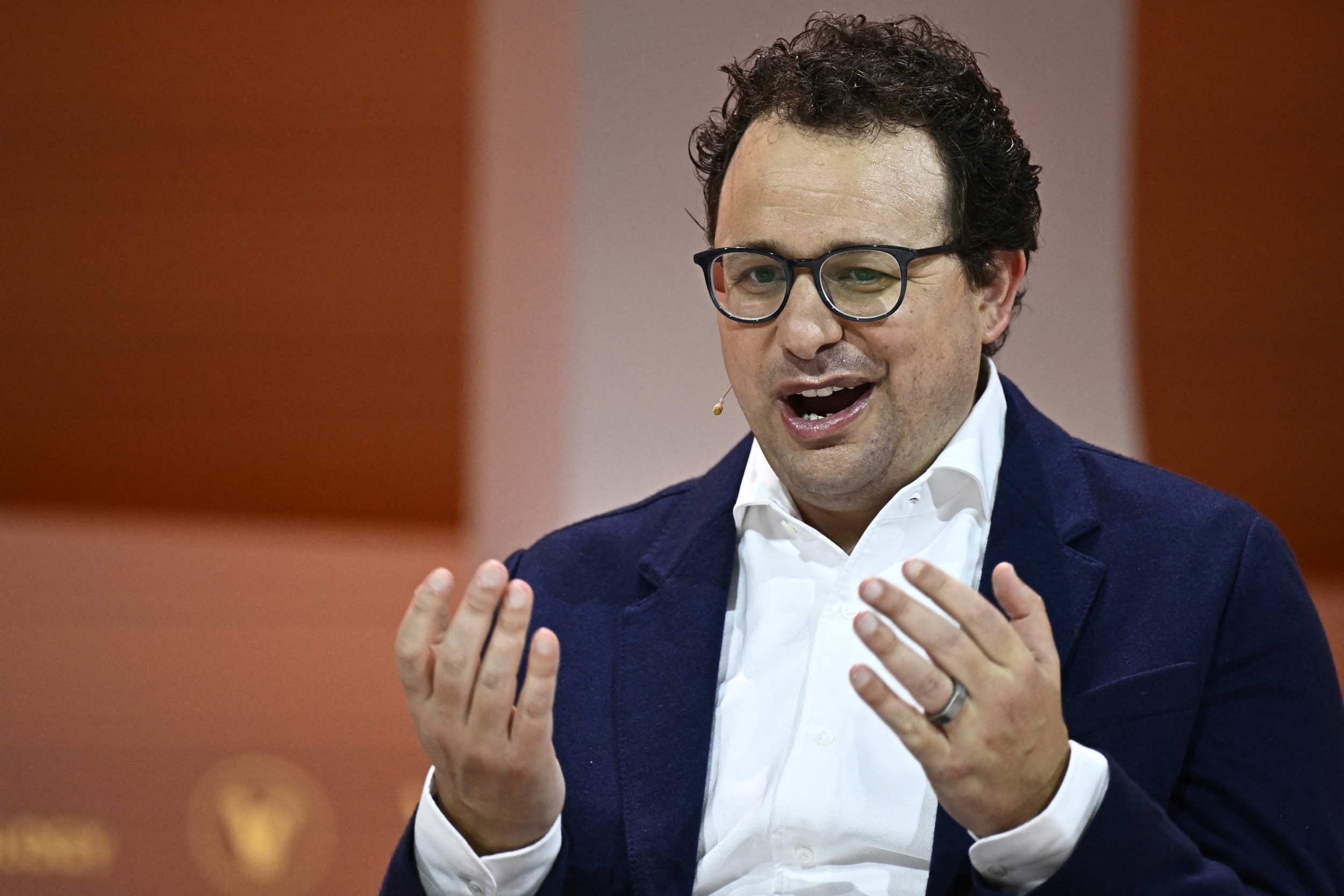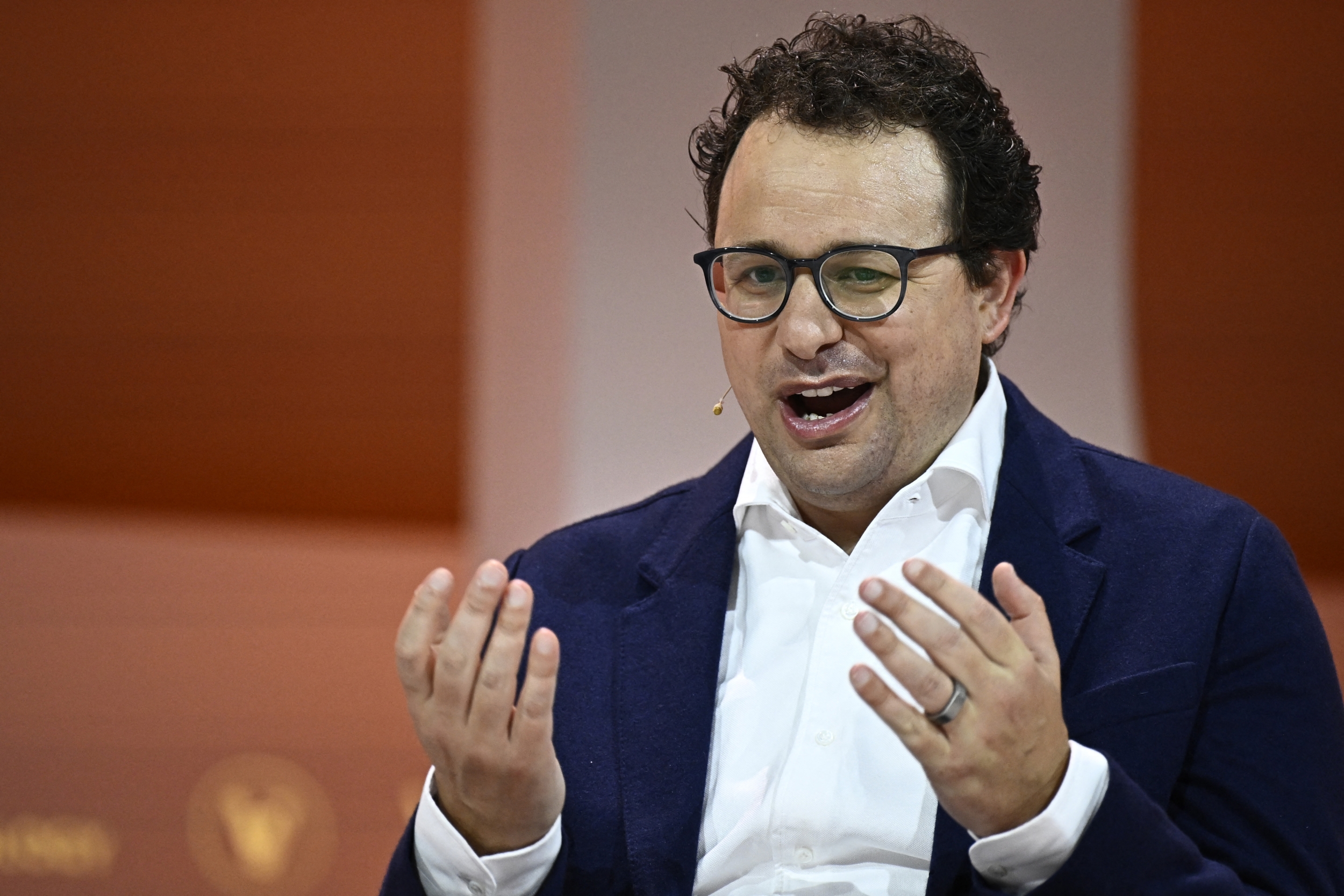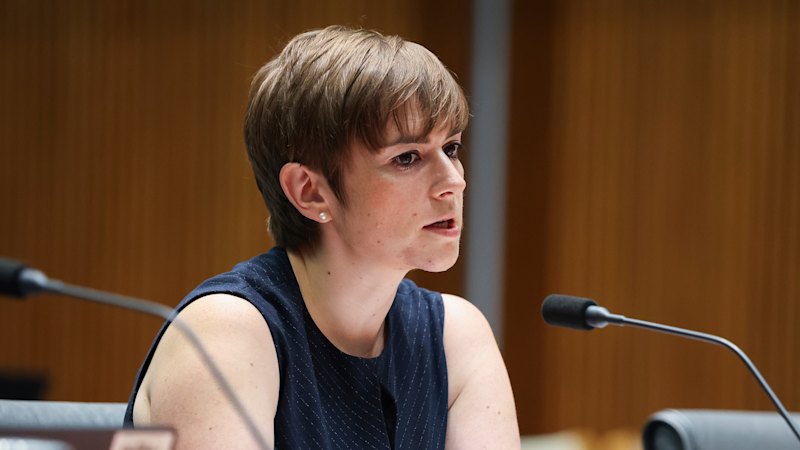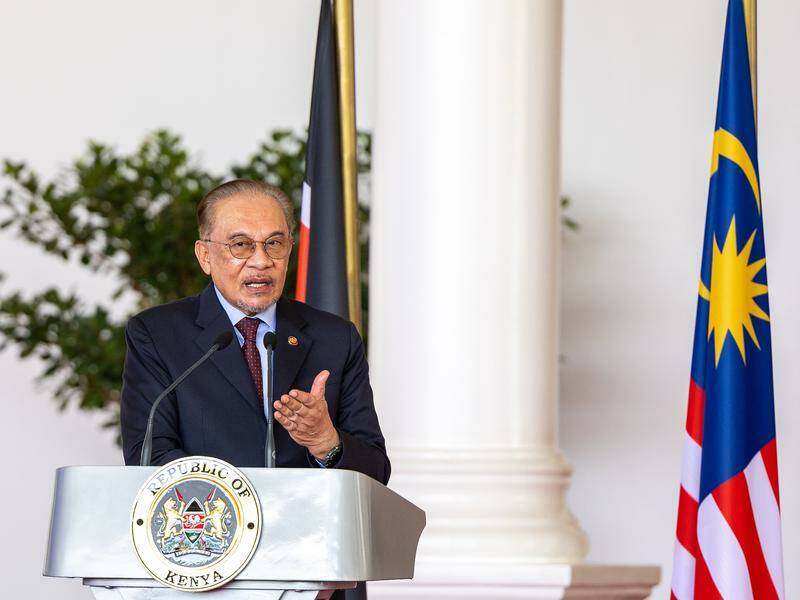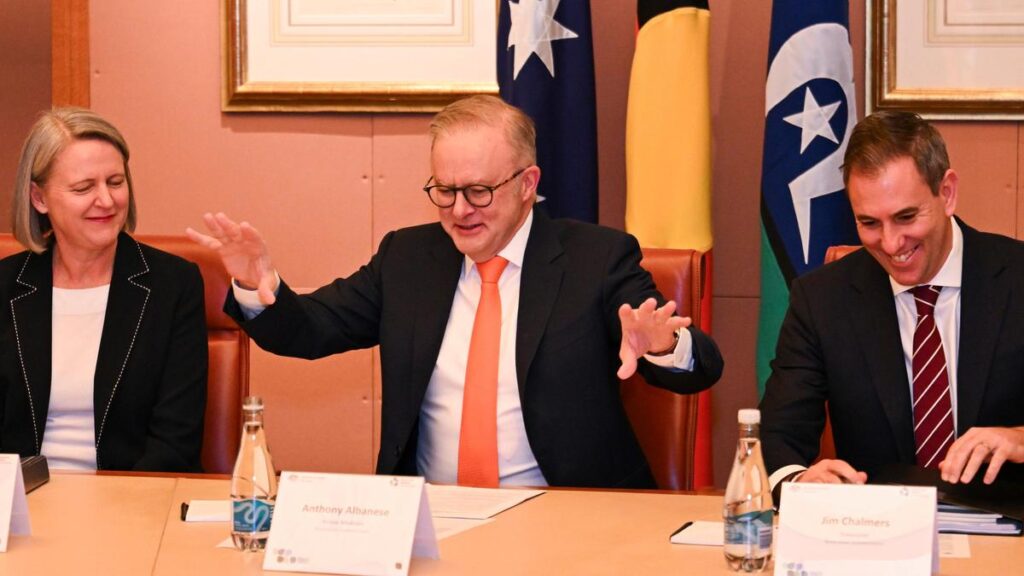
The opening day of the economic roundtable hosted by Jim Chalmers saw significant tensions as the business sector firmly rejected a union proposal to introduce a new tax aimed at funding worker training. The discussions took place on March 5, 2024, in Canberra, where Prime Minister Anthony Albanese expressed a desire for a “contest of ideas” over the three-day session.
During his opening remarks, Albanese emphasized the importance of identifying challenges while seizing opportunities. He noted that some ideas generated at the roundtable could be presented to Cabinet for swift decisions. However, the proposed skills levy, which would have required larger businesses to either finance work-related training or pay 1.5 percent of their payroll into a national training fund, faced immediate backlash.
Representatives from the Australian Council of Trade Unions (ACTU) advocated for the levy, but multiple sources confirmed that all business groups in attendance opposed the idea. Chalmers did not include the levy in his summary of the session, indicating government disinterest in pursuing it further.
Bran Black, Chief Executive of the Business Council of Australia, stressed that instead of implementing a tax, the focus should be on incentivizing employers. He stated, “From a business perspective, we just don’t see that taxing the business community is the right way to deliver the outcomes that Australia needs.”
The sentiment was echoed by Innes Willox, head of the Australian Industry Group, who dismissed the proposal as outdated, referring to similar attempts in the 1990s as unsuccessful. Business representatives pointed to existing incentives for apprenticeships, warning that the elimination of these supports could result in a significant drop in apprentice numbers.
While there was no consensus on the skills levy, the roundtable did manage to agree on the need to eliminate over 300 “nuisance tariffs.” David Jochinke, president of the National Farmers Federation, highlighted the financial burden of these tariffs, which cost around $150 million to enforce yet only contribute $15 million to government revenues. He criticized outdated taxes, such as the luxury car tax, which no longer serve their original purpose due to the absence of a domestic car industry.
The discussions also addressed the need for better utilization of existing skills within Australia, with participants advocating for a more efficient skilled migration system rather than further changes. The agenda on day one included topics such as increasing capital investment and business development, setting the stage for future discussions on deregulation, artificial intelligence, and tax reforms.
Chalmers expressed satisfaction with the engagement levels, noting that participants had risen to the occasion. “Whether it’s skills matching or simplifying trade, capital attraction or technological change, there’s a lot of consensus building in the room already,” he said. Black acknowledged the lack of surprises in policy ideas but noted the importance of advancing specific points more quickly.
Participants were prohibited from bringing mobile phones into the discussions due to security protocols, which stimulated a dynamic atmosphere filled with rapid exchanges of ideas. Chalmers encouraged attendees to present concrete proposals, fostering an environment of collaboration.
The Prime Minister plans to host a casual gathering for the roundtable participants at the Lodge on March 6, 2024, aiming to foster camaraderie among the diverse groups involved. The focus will shift to discussions on red tape and approval processes the following day, with an emphasis on streamlining regulations related to housing and construction.
Albanese reiterated the government’s commitment to delivering on housing targets, stating, “If you don’t have a target, you’re not going to be trying to get there.” He acknowledged the challenges in meeting the goal of building 1.2 million homes by mid-2029 without addressing existing impediments, including skills and labor shortages.
The roundtable discussions represent an ongoing effort to refine policy directions that impact the Australian economy, highlighting the balance between union demands and business interests. As the sessions continue, participants are expected to explore innovative solutions to longstanding issues that affect both sectors.


